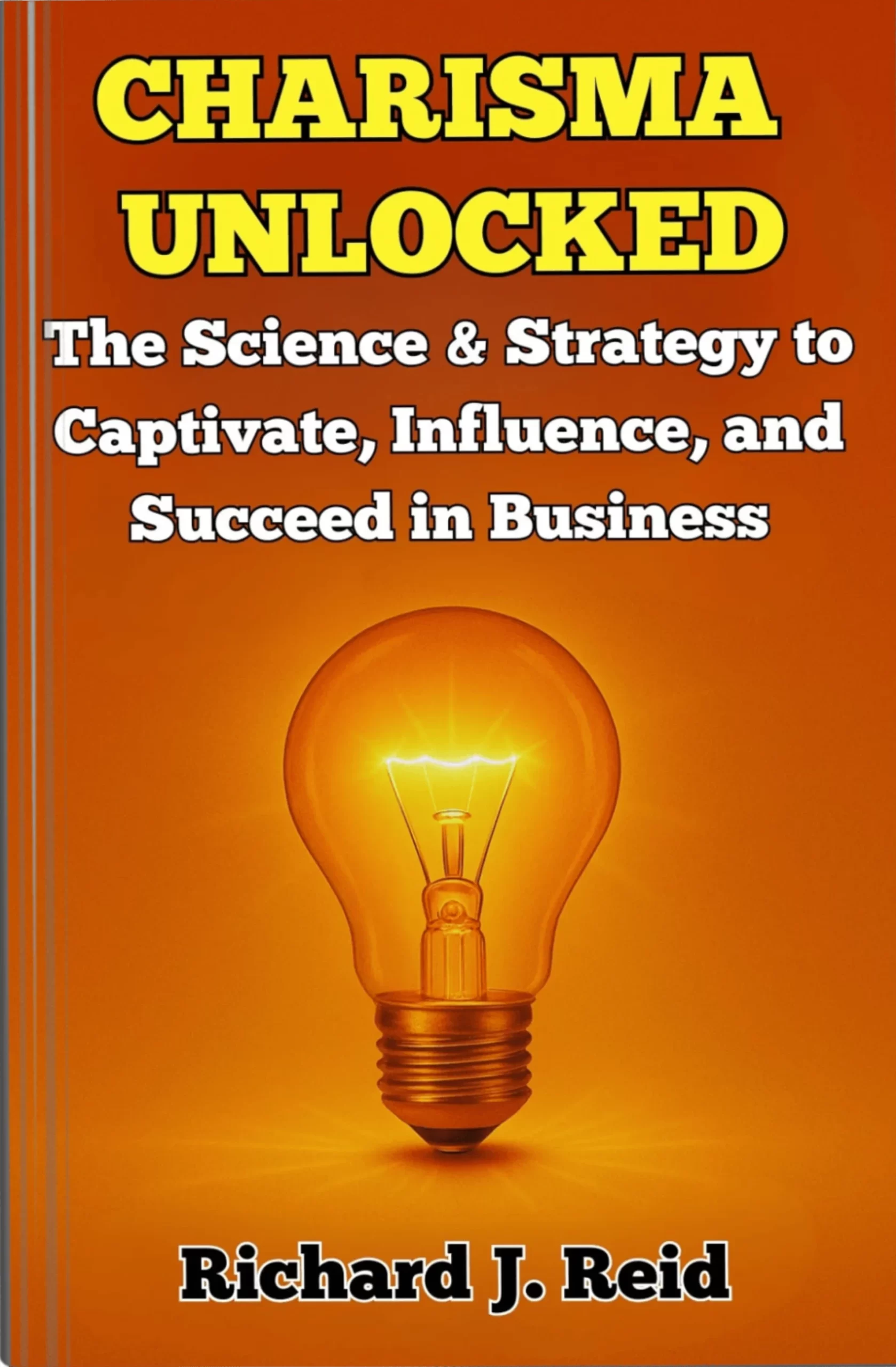Improving company culture – implementing and sustaining organisational culture change
How important is company culture?
Really important. A good company culture attracts better talent and, more importantly, helps your business retain that talent.
When people feel like they belong, they’re more likely to stick around for the long term. In business terms that means lower turnover, fewer new hires to deal with, and better chemistry amongst your team.
Where does organisational culture come from?
Like it or not, almost all organisations take their collective lead on culture from the top of the business.
People notice, consciously and unconsciously, how their leaders behave, from how they manage the people around them to how they communicate with everyone else in the organisation. It doesn’t matter how good your business strategy is: if your culture doesn’t support it then the smartest strategy is dead in the water.
We’ll teach you how to navigate cultural differences with proficiency, recognise bias in order to remove barriers and implement the right techniques at the right moment to help you improve your organisation’s cross-cultural interactions.
Managing organisational culture
But how do you know if your organisational culture is working? How can you measure it? That’s where we come in. As corporate culture consultants we help organisations implement tangible, sustainable organisational culture change that delivers measurable outcomes for your business across everything from employee engagement to innovation.
Identifying your organisational culture
Benchmarking your culture is the first step on the road to being able to assess and improve it. The behavioural norms in your business are shaped by your organisation’s understanding of what is – and isn’t – appropriate. These shared assumptions and values guide how people interact with one another, whether leaders or peers. Identifying these behaviours can help identify, and benchmark, the kind of culture that exists.
What does your culture look like?
Let’s take a closer look at the main distinct cultures:
A constructive culture encourages the satisfaction of its people. They are expected to set, and plan for, challenging goals. They are expected to enjoy their work and develop their own skills and interests. People are expected to be supportive and encouraging of one another within the workplace. And finally, people are expected to be friendly, co-operative and sensitive to their peers.
In a passive / defensive culture employees exhibit self-protective behaviour in their interactions with people. People are expected to agree with and be liked by others, they are expected to conform and make a good impression. They are expected to do what they’re told and clear every decision with superiors. These behaviours drive employees to shift responsibility so they can never be blamed for a mistake.
And what does an aggressive / defensive culture look like? In this scenario employees are self-protective in their interactions with tasks. People are expected to criticise others and their ideas, they are expected to take charge and control subordinates. It offers a competitive / perfectionist environment where people are expected to work against, not with, their peers and where people are expected to avoid all mistakes and work long hours to hit goals.
Creating targets for cultural change
Once identified, we then benchmark your organisational culture to those of other businesses as well as the typical ideal culture profile.
Using the ideal profile, we work with you to identify the largest gaps between your own organisation and the ideal. From here you can begin to create targets for cultural change and define your goals based on the kind of behaviours you want to encourage to narrow the gap. We can help you to manage, implement and sustain your organisational culture, in turn ensuring your business is operating at its optimum.
How to build a team culture
The first question to ask is: is there a formal process already in place in your organisation to build and grow high-performing teams? This might sound like an obvious place to start but so often we work with businesses where teams are assembled operationally without taking the time upfront to help them learn how one another likes to work best and interact with one another.
We can help you build a high-performing, supportive, empathic team culture. Creating teams that work is what we do. We can coach your teams through assessments designed to help them really uncover and understand themselves and their teammates. We’ll work alongside your teams to observe and assess them, before identifying their individual personality types and ways of working.
Change your culture in 5 steps

Take the temperature
We will run assessments of your organization and staff or give you the support and tools you need to do it yourself.

Make change happen
We’ll run a series of workshops to help the leadership identify the current situation, give them our assessment and recommendations, address needed changes, and empower them champion the culture changes required.

Lead right from the front
Make sure change runs through your whole business. Use our manager training course complete with workshops, weekly updates, and group coaching resources while the change program is already in effect.

Communicate, communicate, communicate
Devise and roll out a company-wide communications strategy, playing to your organization’s strengths and creating buy-in from the bottom-up.

How do you measure up?
Our metrics will show you differences being made across your business.









